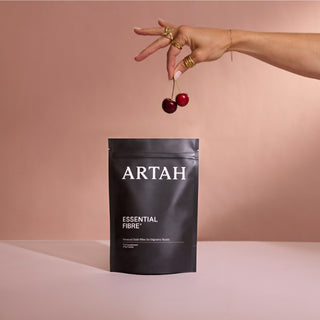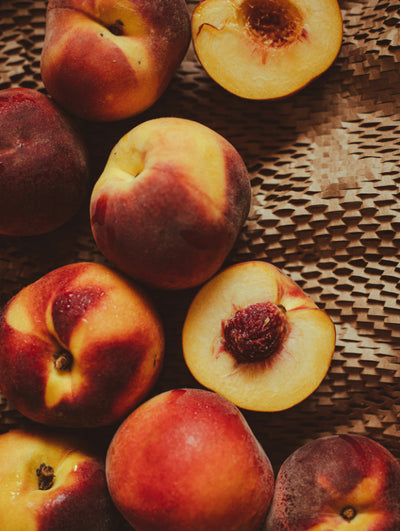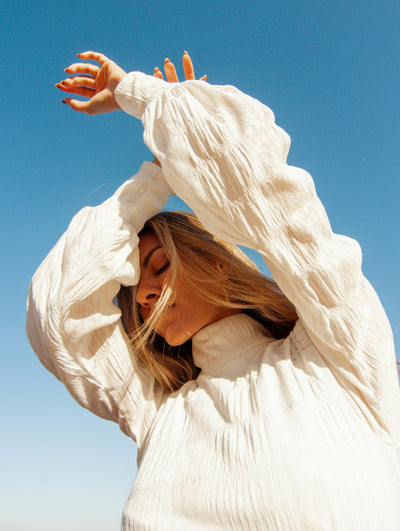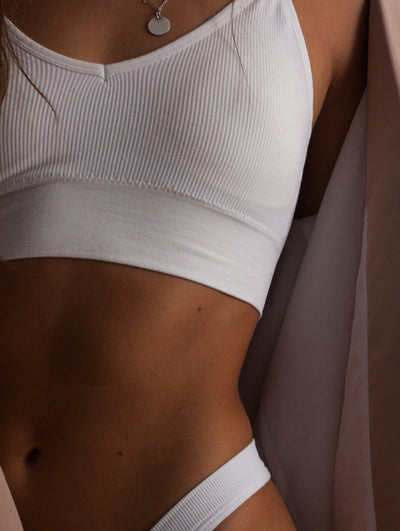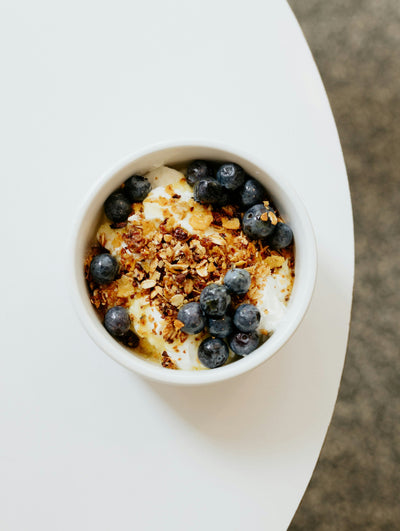So, you’ve had a few cocktails to help you switch off and wind down from a stressful day. But how is this impacting your sleep? There’s a common misconception that drinking alcohol can help us sleep well – mostly because it makes us drowsy and we drop off pretty quickly once we’ve imbibed it. But actually – as those who use a tracking device will know well – it’s one of the biggest disruptors of a healthy, restorative slumber. In Sleep Awareness Week, we explain why:
It suppresses production of melatonin
Melatonin is our sleep hormone – it plays a key role in regulating our circadian rhythm, helping us to feel sleepy when night falls. Alcohol has a direct effect on the pineal gland, which is responsible for melatonin release, and therefore suppresses its production. Regular alcohol use can affect the body’s sleep-wake cycle and cause worse sleep over time. The science suggests that even a single night on the booze can impact melatonin production long after the intake occurred (and even after a few weeks of abstinence). In fact, it can take more than a month for levels to return to normal.
It disrupts your sleep cycles
Each of our three sleep cycles (light, deep and REM) lasts around 90 minutes, and ideally we need four to six cycles every night to feel and function well. The body does different things during each sleep cycle. For example, during deep sleep, it works on muscle repair and growth, consolidates memories and clears out toxins, while in REM it processes memories, helps us regulate mood and emotions, and improves cognitive function. We need to move through each of our sleep cycles to function well.
Drinking alcohol, however, disrupts them. While alcohol may initially induce sleep, studies show that it significantly impacts our sleep cycles, decreasing REM sleep in the first half of the night, then causing a “rebound” in REM during the second half. This REM rebound is when the brain tries to catch up on the REM it’s missed, and is often accompanied by vivid dreams. It’s not a good thing – as the brain rebounds, it then misses out on the other important sleep cycles. The brain is then constantly trying to play catch-up, which can disrupt sleep quality for days, even weeks, to come.
It dehydrates you
Since alcohol is a diuretic, it’s difficult not to become dehydrated during and after drinking it – and when we’re dehydrated, we don’t sleep well. As well as the dreaded dry mouth and throat – which can prompt wake-ups in search of water – the body also struggles to properly regulate its temperature, which can cause night sweats and means that remaining asleep is difficult. One study found that participants who slept for six hours had more concentrated urine (i.e. they were less hydrated) than those who slept eight hours – the conclusion being that the more adequately hydrated we are, the longer and more quality our sleep. A key electrolyte lost through alcohol is arguably one of our most important minerals for sleep - Magnesium. Calming, restorative, and essential for neurotransmitter production, it’s already difficult to get enough Magnesium from food alone to meet our needs, so we need to hold on to as much as possible.
If you’re struggling with your sleep…
Don’t panic. Whether alcohol-related or not, there are some simple sleep hygiene habits we can implement in our daily routines that can help promote a brilliant night’s sleep. To help regulate melatonin production and promote a healthy sleep-wake cycle, make sure you start and finish your day well. That means viewing sunlight within the first hour of waking (which turns off melatonin production) and dimming the lights and removing yourself from your phone an hour or two before bed (which turns it on). Light is one of the most powerful regulators of our circadian rhythm.
Meal timing is another potent regulator of our body clock. Eating too late in the evening keeps our digestive system whirring long into the night, which can disrupt sleep quality and even prevent us from dropping off in the first place. Forgoing stressful TV shows and doom scrolling in favour of calming practices, like having a bath or reading a book, can also help prepare the mind and body for sleep. And if you’re tempted by that one glass of wine that you don’t really want or need, it might be worth giving it a second thought next time – especially if you’re struggling to drift off.
Disclaimer: The information presented in this article is for educational purposes only and is not intended to diagnose, prevent, or treat any medical or psychological conditions. The information is not intended as medical advice, nor should it replace the advice from a doctor or qualified healthcare professional. Please do not stop, adjust, or modify your dose of any prescribed medications without the direct supervision of your healthcare practitioner.









































